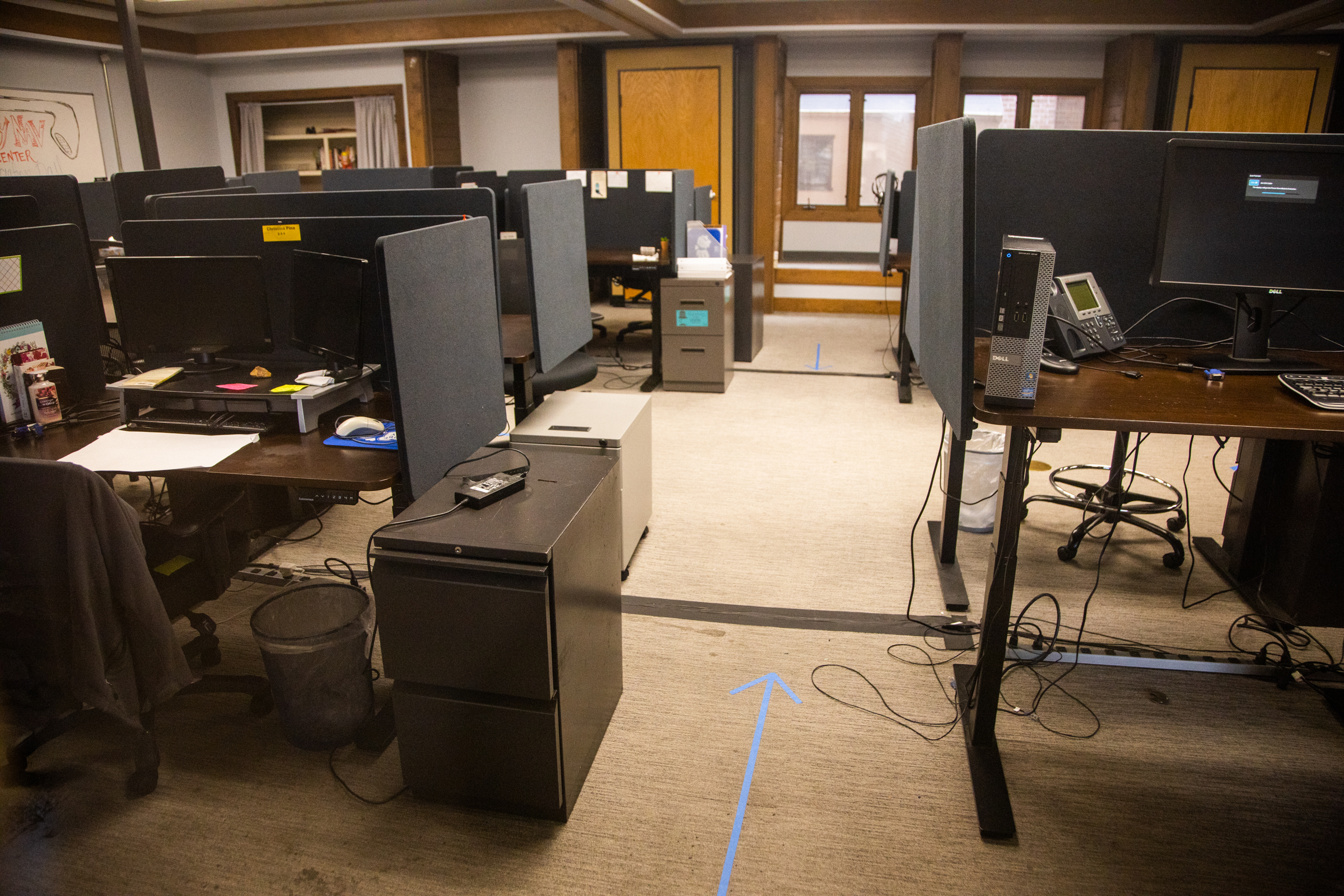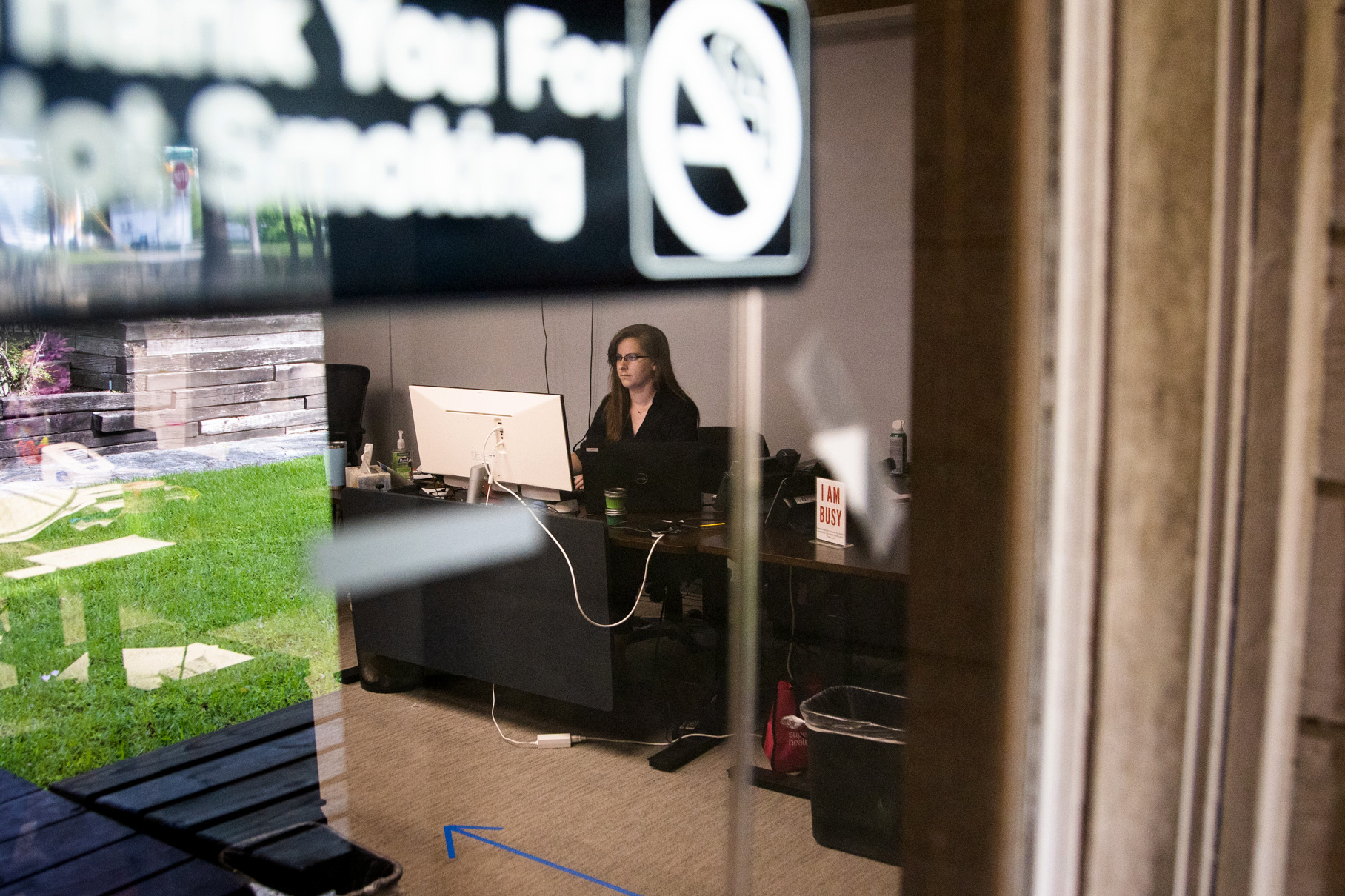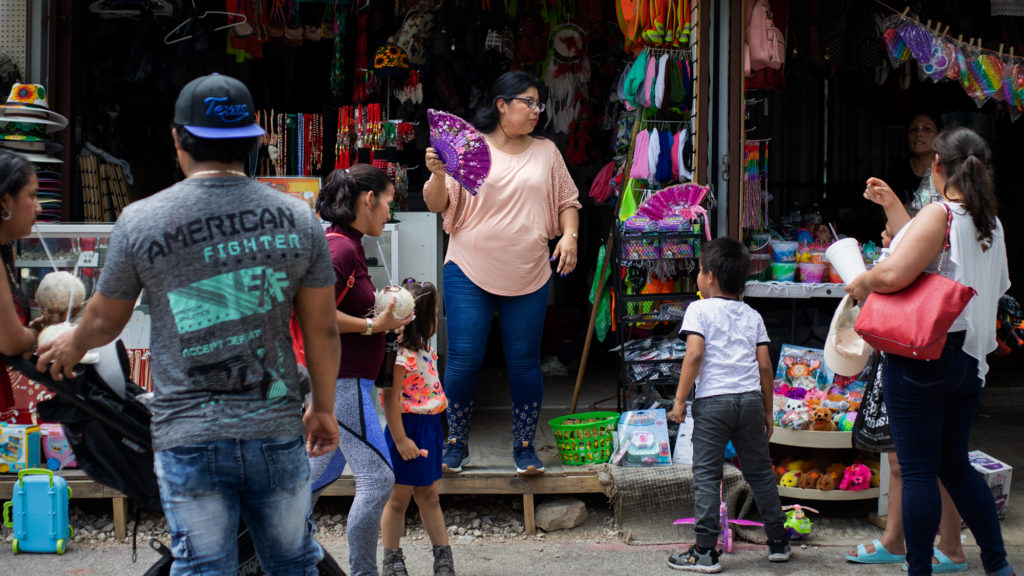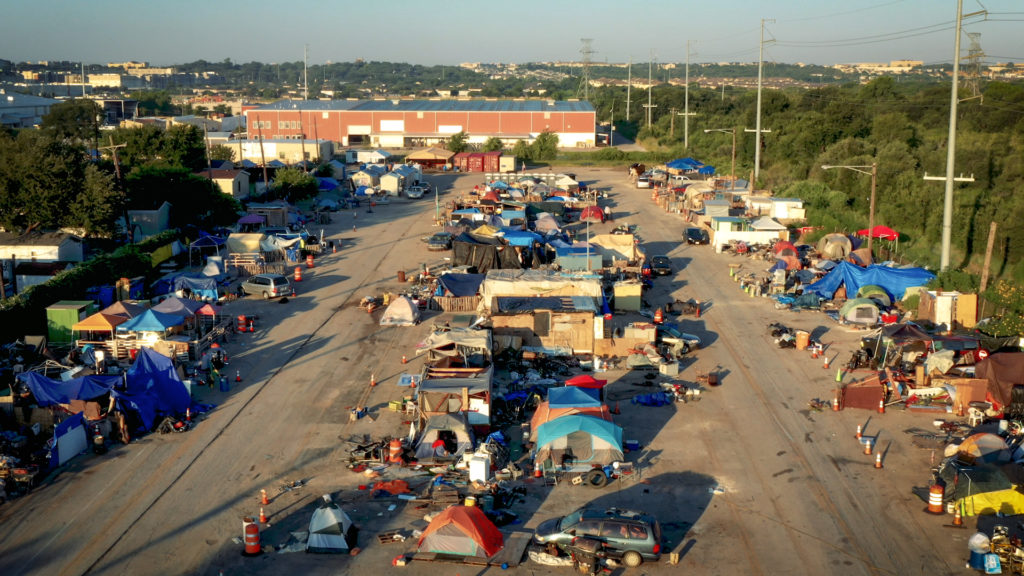At the 211 hub in Austin, Texas, calls are rolling in nonstop. Agents are handling four times more calls than usual, while navigating a new network of guidelines and support programs, plus a constant flow of changing information.
“Typically, hurricanes are the disasters that most impact 211,” says Amy Price, the 211 Navigation Center Senior Director at United Way for Greater Austin, which operates the call center for ten Central Texas counties. 211 works addresses health and mental health concerns the same way 911 works for emergencies, or 311 works for car break-ins or downed trees. The service has been operating for nearly 20 years.
“211 is advertised by the state during crisis times for that purpose,” she says. “During a hurricane, we ramp up before, peak service time is right after the storm and in the weeks following, but after two or three weeks, calls stabilize. We’re not predicting that this time. This is a marathon.”
As the COVID-19 crisis descended across the country, many Texans may have noticed highway signs directing them to 211 for information on health guidelines and testing procedures. But unlike any hurricane to ever cross Texas shores, this disaster appears capable of reaching every county in the state. The economic fallout from the coronavirus pandemic is affecting nearly every industry, and the slow flow of commerce has left many Texans — and Americans — in a state of scarcity.
“Callers are anxious and scared,” Price says. She’s seen a spike in requests across all basic needs categories, particularly food assistance, housing, and financial relief for rent and utilities. Much of this results from a staggering and unprecedented increase in unemployment nationwide. On Thursday, the U.S. Department of Labor announced another 6.6 million people filed for unemployment the previous week, on top of 3.3 million who filed the week before, with more expected in the weeks ahead.
“There are people who’ve never needed to call 211 before,” Price says, “people who’ve not had to ask for help. Some are anxious and crying. I’m a mom, so it’s hard to listen to calls from other moms who can’t feed their children.”
The staff at 211 are doing all they can to field the huge influx of calls stemming from this crisis. They’re working to keep information across 254 counties accurate and updated, keep wait times as low as possible, and keep a healthy distance from one another.

The majority of agents answering 211 calls have been relocated to individual rooms or are working from home due to concerns over COVID-19, so the normally packed call center at United Way 211 stands mostly empty. [photo by Kelly West]
Before COVID-19, agents handled calls in a single large room within United Way’s office space. Now they’ve spread across the entire facility, using the abandoned conference rooms and single-occupancy offices left by United Way staff who can work from home.
Several call agents who are more vulnerable to the dangers of the coronavirus stepped out of service in the early weeks of the crisis, and United Way brought on six new agents who went through training and began taking calls Monday to help expand capacity.
“We’re all working more than we normally would, but this is what we’re here for,” says Chelsea Garrett, the 211 Navigation Manager at United Way. “I think we all know at some point we will rest, but right now we’re needed by Texans, and this is what we’re here for. And we’re ready to get up and do it again the next day.”
The nature of the calls coming through span a wide range of needs and evolve as the crisis unfolds. As shelter-in-place orders went into effect across the state, managers of all stripes sought guidance on workplace guidelines, wondering who was or wasn’t an essential worker. With state, county, and local mandates sometimes overlapping, people needed help sorting through competing information.
Some people call because they don’t have health insurance. Others call because they don’t feel well. Some are worried about losing jobs, while others are concerned about workplace safety protections. Some ask about stimulus checks, wondering how the new CARES Act might offer relief. Others are worried about scams and evictions. Some older Texans call because they’re afraid to go out, yet they don’t have anyone who can bring them supplies.
As each call rolls in, 211 agents assess a caller’s circumstances, locate guidelines that apply, or steer people toward organizations, agencies, or programs that might address their needs. Every call center in Texas is fielding calls from elsewhere across the state, not just the surrounding region, so agents must navigate a huge database of information and resources.
But the help provided by 211 extends beyond practical matters. “In the calls I’m hearing, every single one of our agents is responding with an amazing amount of compassion,” Chelsea Garrett says. “Throughout all of the uncertainty, that’s one of the most important things we can offer — a moment of saying, ‘I’m listening to you and I’m going to give you the information you need.’ And to just be a personal connection for people who don’t have that as much as they used to.”
211 call agent and team lead Cecilia Torre says she’s noticed that some of the anxiety people are feeling comes from a sense of confusion and uncertainty. “People just want to make sure they’re getting all the correct information — then they feel more okay,” she says. “We’re here to guide them and reassure them that we have the correct information. There are so many helplines out there, and not all have the information people are looking for.”
As the 211 team at United Way digs in for the marathon ahead, they’re becoming accustomed to a new rhythm and adapting to assimilate huge volumes of information that can help the public. If you’re in Texas, the 211 team says wait times vary, but they’re working to answer as many calls as they can as quickly as possible. If you’re in Austin, United Way recently opened an online portal to help navigate services: ConnectATX.org, which is powered by our parent company findhelp.
For readers across the country, 211 is a nationwide service with separate operations in each state. Wherever you are, the lines are free and confidential, help is offered in multiple languages, and calls are answered 24 hours a day, seven days a week.



